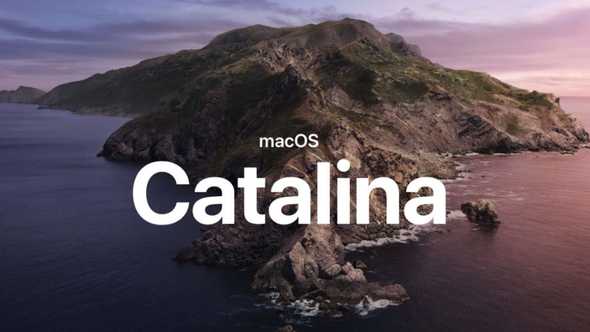A Simple Guide to Notarizing Your Java Application
Apple has recently changed the requirements for applications to install on macOS 10.15 and above.

Summary
Apple has recently changed the requirements for applications to install on macOS 10.15 and above. The change requires developers to notarize the application before it gets shipped. Notarization involves submitting the application to Apple to be scanned and generates a JSON report with any issues. More information about notarization can be found in the article Notarizing macOS Software Before Distribution on the Apple website.
How does this affect my runtime?
There are a few different scenarios around today so let’s walk through them…
You’ve never code signed your runtime before
If you’ve always shipped your runtime without code signing it then you may not need to change anything, if a developer wishes to bundle your runtime into their application they can codesign at that stage and all will be well except you probably ship installers?
You ship macOS installers/bundles
If you ship pkg or dmg files then you are going to have to notarize the installer going forwards. In principle this means that you need to submit the installer to Apple using xcrun which comes with Xcode:
xcrun altool --notarize-app --primary-bundle-id "<bundle id>" --username "<email>" --password "<password>" --file <installer>.pkgOnce this command has completed you will be given a RequestUUID which is what you then use to check the status:
xcrun altool --notarization-info <RequestUUID> --username "<email>" --password "<password>"If all goes well then you will see Status Message: Package Approved. But unfortunately this won’t be enough for most users. (see codesigning instructions below)
You codesign your runtime already
If you already codesign your runtime then you will already be familiar with the following command:
codesign --timestamp --sign "Developer ID Application: <cert>" <binary to sign>If you’ve tried to notarize your installer but you are seeing warnings about hardened runtime not being enabled you are going to have to modify your codesign command:
codesign --entitlements entitlements.plist --options runtime --timestamp --sign "Developer ID Application: <cert>" <binary to sign>There are two key changes here:
- Entitlements: You must specify entitlements of your application, a typical set of entitlements may look like this:
<?xml version="1.0" encoding="UTF-8"?>
<!DOCTYPE plist PUBLIC "-//Apple//DTD PLIST 1.0//EN" "http://www.apple.com/DTDs/PropertyList-1.0.dtd">
<plist version="1.0">
<dict>
<key>com.apple.security.cs.allow-jit</key>
<true/>
<key>com.apple.security.cs.allow-unsigned-executable-memory</key>
<true/>
<key>com.apple.security.cs.disable-library-validation</key>
<true/>
<key>com.apple.security.cs.allow-dyld-environment-variables</key>
<true/>
<key>com.apple.security.cs.debugger</key>
<true/>
</dict>
</plist>- Runtime:
You must also now specify
--options runtimein order to enable hardened runtime.
Code has no resources but signature indicates that they are present?
Several people have raised issues at AdoptOpenJDK about the following codesign error when they try to bundle our binary:
codesign --verify Contents/MacOS/libjli.dylib
Contents/MacOS/libjli.dylib: code has no resources but signature indicates they must be presentThe easiest way to fix this is to run the following commands:
xattr -cr <path to bundled app>
codesign --verbose=4 --deep --force -s "Developer ID Application: <cert>" <path to bundled app>The first command removes the complaining attribute and the second deep signs the bundle. This will forcefully sign the entire bundle with your codesign certificate.
Staple your notarization report to the installer
Once you have notarized your installer, every user will be able to run it on their computers as long as they have an internet connection. In order to support users who do not have an internet connection you will need to staple the notarization report to the installer:
xcrun stapler staple "<installer.pkg>"You can then check if the installer is notarized by running the following command:
spctl -a -v --type install <installer.pkg>
installer.pkg: accepted
source=Notarized Developer IDThe Notarized Developer ID line indicates that the installer is fully notarized.
Other Problems:
- Apple notarization requires the binary to have been compiled on Xcode 9 or later. This may not be an issue for you but if you see warnings about algorithms being unsupported when you notarize you will need to upgrade your compiler.
Do you have questions or want to discuss this post? Hit us up on the AdoptOpenJDK Slack workspace!
